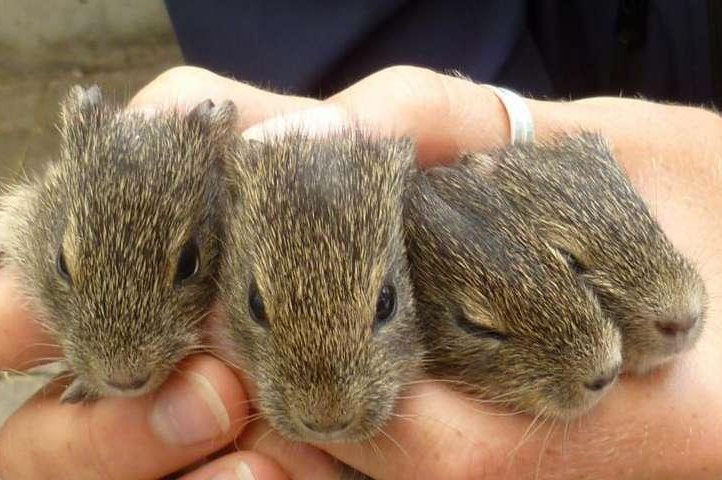WADERN, Germany, Dec. 23 (UPI) -- New research shows wild guinea pigs are able to adapt to shifting temperatures by altering gene expression, and that new epigenetic information is passed along to offspring.
It's the first time the inheritability of epigenetic changes has been demonstrated across generations in a wild animal.















